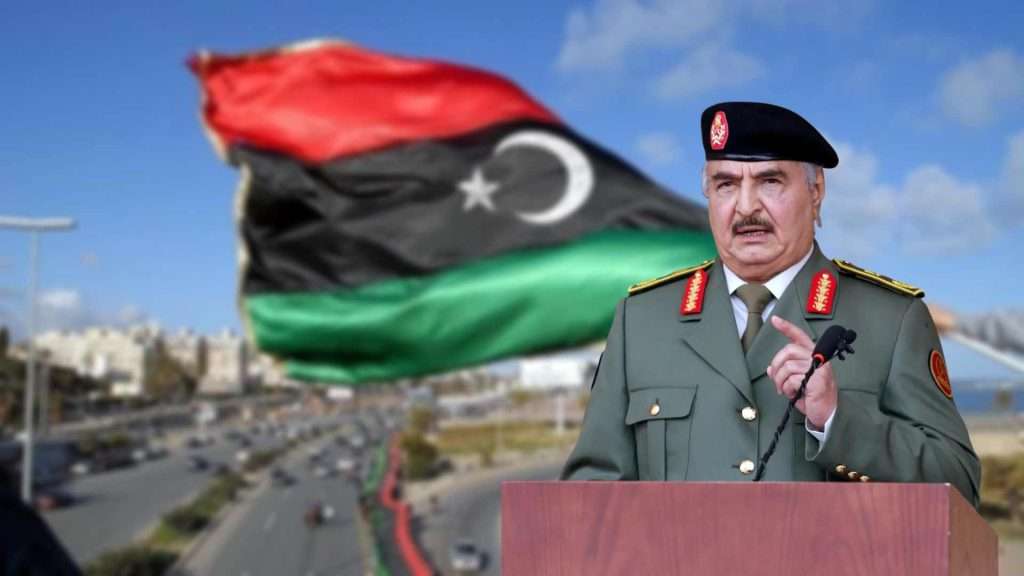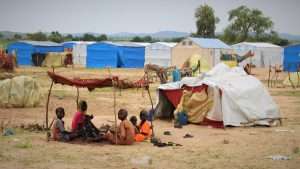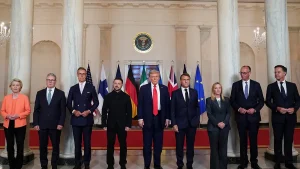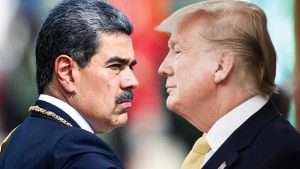Haftar’s Move Impacts Libya Oil

Khalifa Haftar, the de facto ruler of the country’s east, has called for an equitable distribution of oil revenues on Monday (Jul.04) leaving many analysts wondering whether this move was designed to stall the election process which has recently taken the media spotlight after the Eastern Parliament offered a new deal over power sharing.
He set an end-of-August deadline for this be done, hinting at repercussions in the absence of a deal, according to AFP. Haftar has threatened on numerous occasions an armed blockade on oil exports.
Oil revenues, the country’s main source of income is often at the heart of disputes between the camps. The revenues are managed by the National Oil Company and the Central Bank, based in Tripoli.
Libya’s oil revenues rose to $22.01 billion in 2022.
The row over the oil revenues erupted about two weeks ago when MPs threatened to block oil exports and demanded a fair distribution of wealth. The controversy coincided with the launch by Dbeibah of a number of infrastructure projects.
The announcement of the projects provoked Dbeibah’s opponents, especially because US Ambassador Richard Norland had said back in December 2021, when the Dbeibah government took office largely to organise elections a year later, that he agreed with Central Bank Governor, Saddek Elkaber, that the allocated government budget would be limited to financing basic services and salaries.
Since he came to power, Dbeibah has been accused of using public money to win over Libyans and secure their votes in the next elections. The high cost of some of the projects has also raised suspicions of corruption.
Experts say calls for fair distribution of wealth and curtailing corruption constitute pressure cards to win support for the formation of a new government. This in turn would allow Haftar to maintain his current position while the House of Representatives and the State Council would remain in power for a few more years, especially since the distribution of wealth is not the responsibility of the government, but that of the central bank.
Western countries, led by the United States, object to the formation of a new government. US Ambassador Richard Norland has repeatedly rejected the idea, which has earned him a pariah status in the eastern region.
In his speech, Haftar criticised Norland and other ambassadors, whom he accused of fuelling tensions in his country. The LNA chief spoke of the need for dialogue to be among Libyans, indirectly confirming his support for parliament and the State Council’s push for a new government.
Analysts do not expect Western capitals to reverse their opposition to creating a new administration, not because they favour Dbeibah staying in power but rather because they believe the drive to setp up a new government would mean delaying the elections for a few more years.
AFP/Arab Weekly
Want to chase the pulse of North Africa?
Subscribe to receive our FREE weekly PDF magazine














